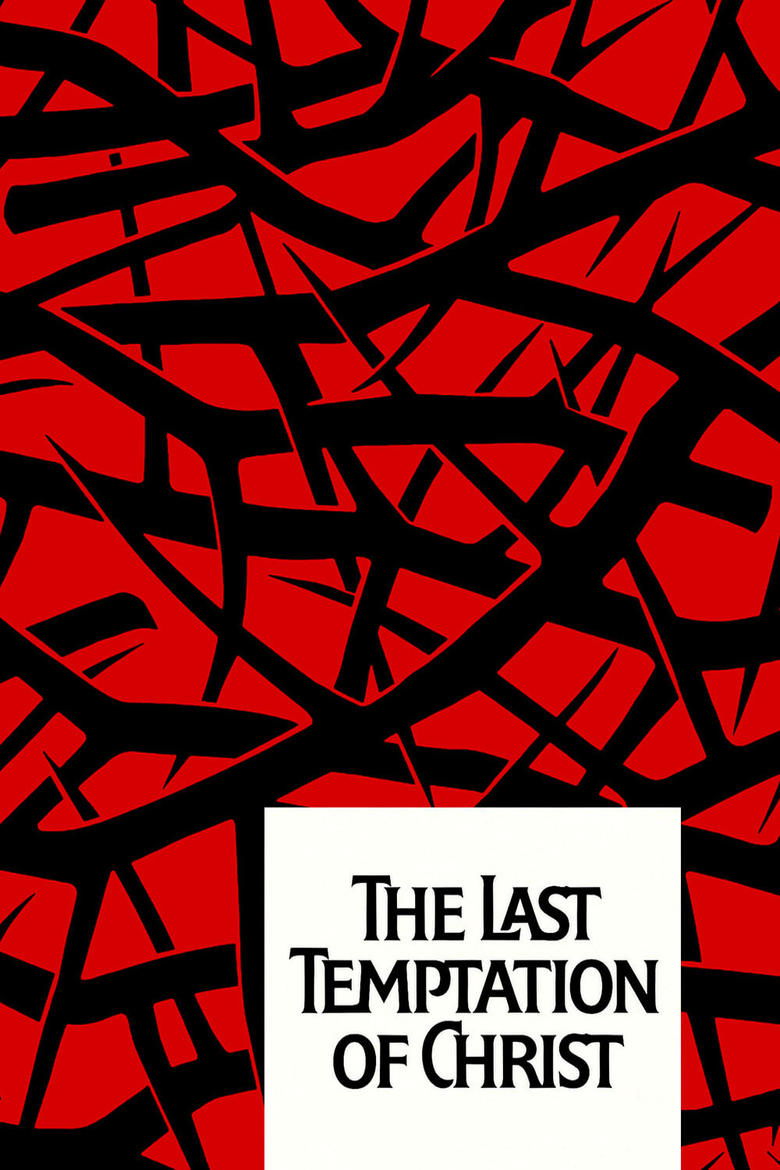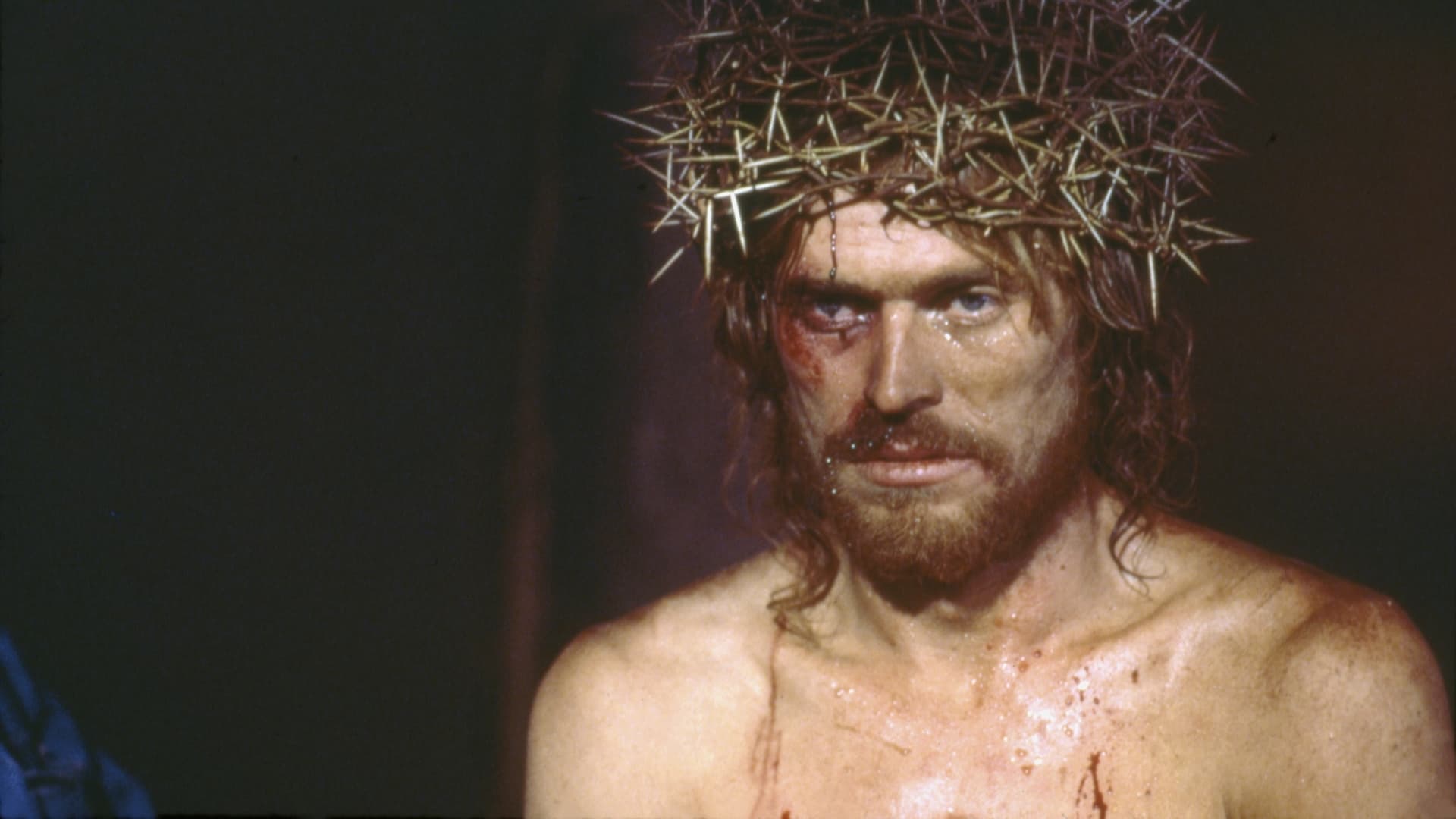I come to this film as a bit of an agnostic, and so I rather appreciated the innovative take on the biblical events surrounding the life of Jesus Christ. It's an excellent Willem Dafoe who takes on that role as he roams the land of Palestine trying to spread a message of love. It's clear at the start that this is not Gospel-based, and that becomes evident as his closest ally is the sceptic "Judas" (Harvey Keitel) and by the fact that he makes a living making the cross-beams for the crucifixion crosses that the Romans use to execute his fellow citizens. As the story evolves, we are introduced to the characters who ended up being his apostles and we uncover more of a man who is constantly facing temptation - of the spirit and of the flesh - at the hands of a father who seems determined to test the very fabric of his son's essence. It largely follows the well trammelled path of previous "King of Kings" style chronologies but there are plenty of variations in the detail of the characterisations and some of the more memorable quotations and "miracles" are adapted. That doesn't always work and many of the most significant phrases from Christian literature are delivered a little underwhelmingly. A bit like saying "Alas poor Yorick - he used to be a mate of mine..." sort of thing, and that's where it feels a little uncomfortably akin to "Life of Brian" (1979). It's the last forty minutes that offers us much of the potency of the film (and it's title) and that's where the story becomes much more provocative - both intellectually and physically. In hindsight, given the way the life of Jesus is continually depicted as having/living, this offers us a perfectly rational continuation of his forty day ordeal in the desert and it also imbues the man with an innate degree of humanity and frailty that I found touching and plausible. It also quite openly postulates that "God" might be vengeful, might not be this benign entity and that perhaps deities in general are a creation of mankind's necessity for hierarchy and search for an understanding of the inexplicable rather than evidentially based on some miraculously benevolent being whose love of his children (us) is boundless. Barbara Hershey provides an emotionally engaging performance as the prostitute Mary Magdalene and there's the odd laugh in here too (especially if you are named Judith) to temper the accruing intensity of the story. I didn't really love the photography, and the occasional use of slo-motion seemed a bit incongruous, but that's nit picking. It's thought-provoking regardless of whether or not you have a religious frame of mind, and though a little on the slow side out of the starting gates, matures into something that challenges established and contrary perspectives and is well worth a watch.


